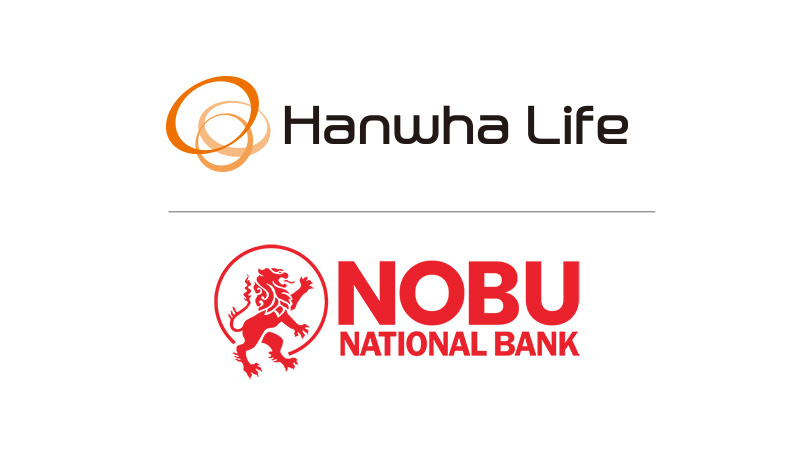AI Is Transforming the Insurance Industry
The insurance industry has been gradually evolving with the advent of new technologies. However, with the coming of the Fourth Industrial Revolution and the rise of tech-savvy insurance startups, the change is moving at a much faster pace. InsurTech is now one of the fastest growing segments of FinTech as traditional insurance providers are taking notice of the new tools available to them and are quickly changing the way they operate.

New and Better Data Analysis
Insurance providers traditionally rely on a relatively small customer sample to build predictive models and set pricing plans. By using AI-based analysis tools, augmented by higher computing performance with cloud computing, insurers today can examine exponentially larger data samples at a fraction of the time required in the past. And when other tools, such as Big Data Analysis, are thrown into the mix, insurers are able to discover patterns and predict trends that would otherwise be unnoticeable or harder to spot.
Information gathering methods will also change thanks to new technology. The auto insurance industry already uses telematics and data collection with remote sensors - both are used to track driving habits as well as traffic and road conditions to create customer profiles. The health insurance industry has picked up on this practice, using data from customers’ fitness trackers to see how active or inactive they are, they use the data to determine what premiums to charge.
Even the insurance application process can be fundamentally changed by AI. Customers would no longer have to fill out long forms. Instead, they could give insurers permission to access their online profiles. Web-crawling algorithms can then go through social media posts, photos, and videos to track exercise habits and vices. Image recognition tools can even use photos to track how fast a customer is aging as a way to gauge their health.
Streamlining the Customer Experience
Artificial Intelligence’s impact, though, will be mainly felt in how much time humans can save on applications and claims.
Robotic Process Automation can take over most administrative functions currently performed by the insurance providers. Humans will no longer be required to handle dull and repetitive tasks like customer applications and data entry. Instead, they would be able to focus their time and effort on dealing with more complex issues like customer appeals and fraud investigations.
AI can even take over the entire claims process, making it simpler and faster. AI-based claims systems are already dealing with simple damage claims from start to finish without human intervention. Before-and-after photos can easily be taken and sent with a smartphone with only a simple press of a button. This can allow their insurance provider’s machine learning and image recognition algorithms to engage and do the work that previously adjustors had to do. The technology is so efficient that claims can be processed and approved within minutes, even seconds, of submission.
The current record for the fastest claims approval stands at just three seconds.
Thanks to AI, customers will no longer have to wait to have their inquiries addressed over the phone or through email. Instead, sophisticated chatbots can immediately provide quick answers to most customer questions through smartphone apps. These chatbots are also able to use these conversations to flag more urgent requests to be handled by human employees and make sure that everyone’s time is used most efficiently.
Moving into the Future
As AI grows more sophisticated, the insurance industry will better understand customers’ needs and figure out how to address them. Newly-streamlined service models will greatly help existing customer retentions and build positive word-of-mouth advertisement to attract new customers. At the same time, insurance providers who continue adapting and improving how they do business, will continue to see success.
Click here to learn about how Hanwha is adopting AI
Get the latest news about Hanwha, right in your inbox.
Fields marked with * are mandatory.
- Non-employee
- Employee




